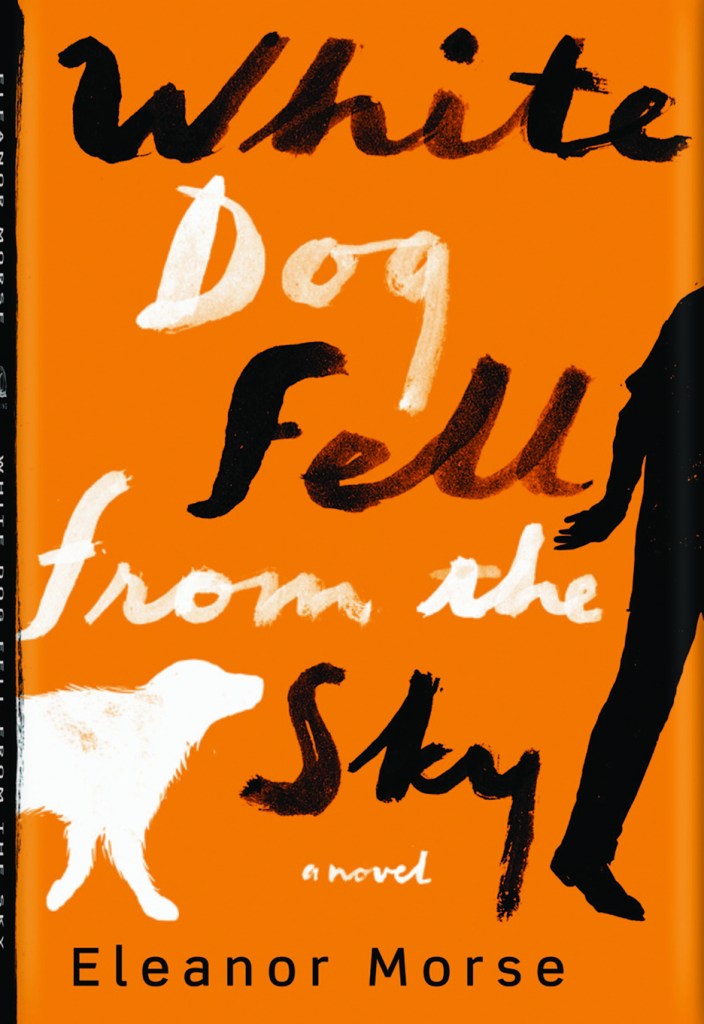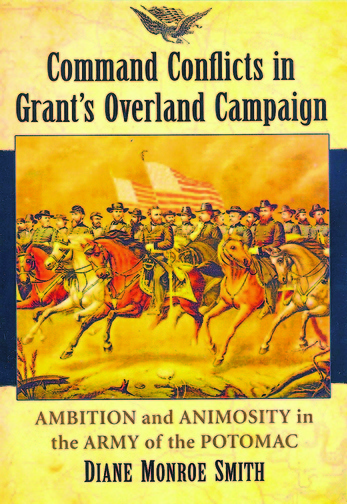WHITE DOG FELL FROM THE SKY
By Eleanor Morse
Viking,l 2013
354 pages, $27.95
ISBN 978-0-670-02640-1
An African statesman once declared: “Africa is a paradox which illustrates and highlights neo-colonialism.” And no recent author better portrays this paradox than Eleanor Morse in her newest novel, “White Dog Fell From The Sky.”
Morse lives on Peaks Island in Casco Bay, and this stunning book is her third novel, after “An Unexpected Forest” (2007) and “Chopin’s Garden” (2009).
This story takes place in Botswana, an impoverished, land-locked nation in southern Africa in 1976-1977, a tragic period of racial unrest, poverty and dim hopes. Morse actually lived in Botswana for several years during the 1970s, so her personal knowledge and experience of that time comes through clearly in her vivid storytelling.
Readers should be forewarned, however. The story graphically depicts ingrained racial inequality and the brutal, oppressive treatment of nonwhites in a social and political system that justified such maltreatment. That said, it is also a story of the human spirit and how kindness can overcome cruelty.
Issac Muthethe is an illegal refugee fleeing South Africa to the perceived sanctuary of neighboring Botswana. He adopts a white dog (or does the dog adopt him?) as he searches for work. Hired as a gardener by a white American woman, Alice Mendelssohn, he sees a chance to reclaim his life in peace. But a hasty, desperate decision will jeopardize his freedom and his life.
Alice, meanwhile, has her own personal sorrows and failures to face, including a painful divorce and a sudden personal tragedy. Add the dangers of the African resistance movement, the ANC, the harsh tactics of the South African Defense Force, the incompetence and corruption of government officials and a system that favors the white elite. Both Issac and Alice must confront their realities, aiding each other as friends, to survive as victors.
COMMAND CONFLICTS IN GRANT’S OVERLAND CAMPAIGN:
AMBITION AND ANIMOSITY IN THE ARMY OF THE POTOMAC
By Diane Monroe Smith
MacFarland and Company, 2013
256 pages, $39.95
ISBN 978-0-7864-6817-1
Considering the petty bickering, political back-stabbing, incompetence and shameful treachery among Union generals, it is a wonder that the Union ever won the Civil War.
Holden historian Diane Monroe Smith explores this interesting military and political phenomenon in her new book, “Command Conflicts in Grant’s Overland Campaign.” She has written two other Civil War histories about Joshua Chamberlain.
This solid (but overpriced) effort examines just how and why so many Union generals did not get along during General Grant’s critical overland campaign of the Army of the Potomac in Virginia, from the spring of 1864 to the spring of 1865.
Of course, senior officer squabbles, rivalries, quarrels and outright hatred of each other were not unique to the Union army. The Confederates also had their share of disagreeable, uncooperative generals.
What makes Smith’s book so intriguing is that the Union army won the war in that final year despite its own generals’ whining petulance. Smith provides the strategic and tactical background of the overland campaign, including vivid descriptions of key battles — the Wilderness, Spotsylvania, North Anna, Cold Harbor and Petersburg.
Best, however, are her astute portrayals of the rivalries between regular army generals and politically-appointed volunteer generals, and the incompetence, negligence, cowardice and self-serving motives of men who cared little for the lives of their soldiers and more for their own political futures.
However, not all Union generals were incompetent or political (Grant, Thomas, Meade and Pleasanton, for example), but men like John McClernand, whose “amateurish enthusiasm and untrammeled ambition” and Phil Sheridan who “was a good hater” are vivid examples of men who sought every opportunity to steal other men’s successes, malign their rivals and promote their own unearned glory.
For more interesting reading on this subject, see Albert Castel’s 2011 book, “Victors in Blue.”
Bill Bushnell lives and writes in Harpswell.
Send questions/comments to the editors.




Success. Please wait for the page to reload. If the page does not reload within 5 seconds, please refresh the page.
Enter your email and password to access comments.
Hi, to comment on stories you must . This profile is in addition to your subscription and website login.
Already have a commenting profile? .
Invalid username/password.
Please check your email to confirm and complete your registration.
Only subscribers are eligible to post comments. Please subscribe or login first for digital access. Here’s why.
Use the form below to reset your password. When you've submitted your account email, we will send an email with a reset code.